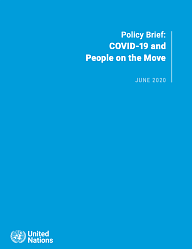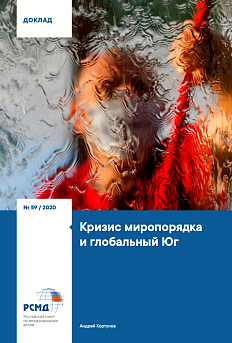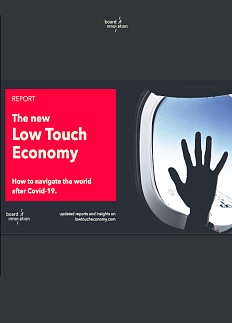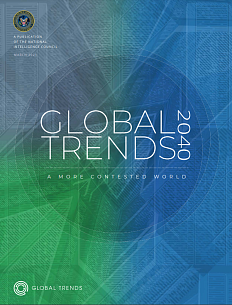The UN Secretary General Briefing Note presents a study of the impact of COVID-19 on populations already vulnerable before the crisis, such as illegal migrants, migrant workers with unstable livelihoods, or those working in the informal economy.
The note highlights that the ongoing crisis serves as a reminder of the importance of tackling human mobility in a safe and inclusive manner for benefit of their peoples and economies, as well as migrants and refugees themselves. This crisis provides an opportunity to think about the concept of people mobility in interests of majority and at the same time to fulfill the main commitment under the 2030 Agenda — the commitment to leave no one behind. It is necessary to recognize the vital role played by those who decide or are forced to change their place of residence in order to double overall efforts to resist discrimination against such people, so that those in need of protection can quickly access it in difficult circumstances, as well as access to mobility systems; to strengthen global migration management and shared responsibility for refugees, as already stipulated in the global treaties on refugees and on safe, legal and orderly migration, as well as relevant international instruments on human rights and refugees.
Roscongress Foundation analysts highlighted the main theses of this research, accompanying each of them with suitable fragments of video broadcasts of panel discussions held as part of business programs of the key events hosted by the Foundation.
The disproportionate impact of the COVID-19 pandemic on refugees takes the form of three interrelated crises that worsen existing vulnerabilities.
First, there is a healthcare crisis in which refugees are exposed to the virus in absence of adequate protective equipment. In addition to often poor or restricted living or working conditions, many displaced persons face healthcare services hindrances due to legal, linguistic, cultural and other barriers.
Many displaced persons also do not have access to other basic services, such as water and sanitation or food. Those in unstable, disaster-and conflict-prone countries face a higher risk due to weak health systems. This is compounded by the inability to deliver humanitarian aid due to travel restrictions.
Second, there is a socio-economic crisis affecting displaced people with unstable livelihoods, especially those working in the informal economy with no or limited access to social protection measures. The crisis has also worsened the already difficult situation of women, who are at higher risk of becoming victims of gender-based violence.
Third, there are problems related to border closures and other restrictions on movement in order to contain the spread of COVID-19. Asylum seekers may be unable to cross international borders in search of protection, and some refugees may be sent back and endangered and persecuted in their country of origin. In other cases, migrants may be forcibly returned to their countries of origin with weak health care systems that are not able to receive them safely.
The Covid-19 crisis provides an opportunity to think about the concept of people mobility in interests of majority and at the same time to fulfill the main commitment under the 19 Agenda — to leave no one behind.
To achieve this goal, this Briefing Note proposes four basic principles to guide collective response activities:
1) Exclusion is costly in the long term, while an inclusive approach is beneficial for all: Excluding displaced people is the reason why they are most vulnerable to this pandemic today. Only inclusive health and socio-economic development measures can fight the virus, restart the economy and keep moving towards the Sustainable Development Goals.
2) Responding to COVID-19 and protecting the human rights of displaced people are not mutually exclusive: COVID-19 has not stopped people fleeing violence or persecution. Many countries have shown that travel restrictions and border controls can and should be implemented safely, with full respect for the rights of displaced people.
3) No one is safe unless everyone is safe: No one can be left behind in the collective response and recovery efforts, especially those displaced people who were already most vulnerable even before the crisis. Life-saving humanitarian aid, social services and education solutions must remain accessible to displaced people. For all people to be safe, diagnostics, treatment and vaccines must be widely available, without migration status-based discrimination.
4) Displaced persons are part of the solution: In times of crisis, there is an excellent chance to recognize the important contributions displaced persons make to society as a whole. This means promoting the recognition and accreditation of their qualifications, exploring different ways to legalize irregular migrants, and reducing the transaction costs associated with money transfers.
See other materials posted in special sections of the Roscongress Information and Analytical System StayhomeEconomy, Labor Market, COVID-19 and Epidemics , dedicated to possible ways to stabilize the economy in a pandemic, as well as to the development of healthcare and the labor market.






